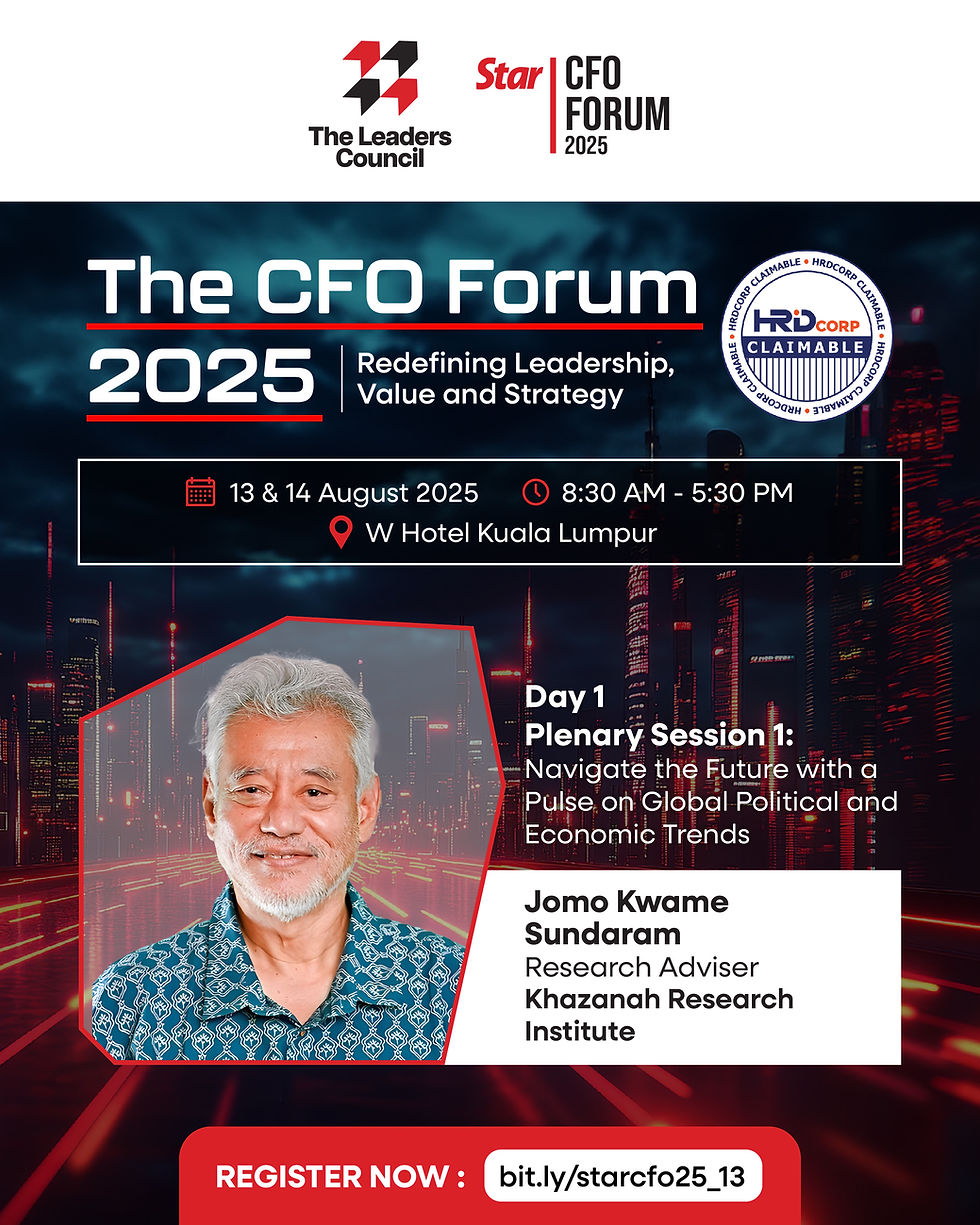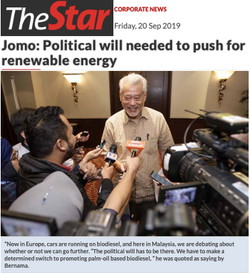DAKAR, Senegal / KUALA LUMPUR, Malaysia, Jan 29 2025 (IPS) - Ending US dollar dominance alone will not end monetary imperialism. Only much better multilateral arrangements to clear international payments can meet the Global South’s aspirations for sustainable development.
Challenges to US dollar hegemony did not begin with the BRICS. French President Charles de Gaulle famously dissented in the 1960s.
Valéry Giscard d’Estaing, his Minister of Finance and Economic Affairs between 1962 and 1966, coined the phrase ‘exorbitant privilege’ to complain of US dollar dominance.
With the dollar’s status as the global reserve currency, the US can buy foreign goods, services, and assets on credit. It also enables the US to spend much more on foreign military bases and wars.
The privilege allows such extravagance with limited adverse effects on its balance of payments and the US dollar’s exchange rate. French economist Jacques Rueff noted the US could thus maintain external deficits “without tears”.
De Gaulle demanded the US Federal Reserve Bank convert France’s surplus ‘Eurodollars’ into monetary gold. The French challenge called the US bluff, forcing it to end dollar-gold convertibility at the heart of the 1944 Bretton Woods arrangement in 1971.
To gain some economic advantage in a system otherwise dominated by the dollar, post-war France imposed a monetary arrangement on most of its former African colonies, giving it a neocolonial privilege similar to the US’s worldwide.
With the CFA franc zone, France gained two advantages. First, it did not need to hold dollars to buy goods and services from territories it dominated. Second, it had complete discretionary control over the zone’s dollar earnings.
Replacing the French franc with the euro in 1999 did not end this monetary imperialism. Now, 14 Sub-Saharan African countries with over 200 million people still use the CFA franc.
Created in 1945, this currency arrangement helped rebuild and use its colonies to accelerate post-war reconstruction of the French economy. It remains under the legal custodianship of the French Treasury.
France benefiting from its currency relations with its former colonies imply that the US’s rivals can also benefit from monetary hegemony if they succeed in displacing dollar dominance without subverting monetary imperialism.
The term de-dollarization currently refers to the development of alternative bilateral and plurilateral payments initiatives reducing the role of the dollar and dollar-based financial arrangements in settling international economic obligations and managing foreign exchange transactions.
This has been growing. In 2022, international trade worldwide was estimated at $46 trillion, with over half invoiced in currencies other than the US dollar. More countries are trading with one another and settling in currencies other than the greenback.
Although this trend has eroded the dollar’s share of total official foreign currency reserves, this is not about to dethrone the dollar’s status as the global reserve currency.
Indeed, international trade is only the tip of the iceberg of international financial transactions, which are still mainly denominated in US dollars.
The current challenge to dollar hegemony has much to do with the unilateral financial sanctions by the US and its mainly European allies on several nations, including Russia, Iran and Venezuela.
These countries have been expelled from the SWIFT messaging system and/or have seen their assets abroad, especially dollar, euro, or gold reserves, unilaterally confiscated on various pretexts.
Facing such sanctions, more countries want to develop alternative payment systems, reduce their dollar and euro reserves, and find more secure ways to store their external surpluses.
A recent report by the Russian government for the BRICS criticised the West’s weaponisation of international payments arrangements. It called for an international monetary and financial system consistent with the principles of security, independence, inclusion, and sustainability.
Resource-rich countries with significant foreign exchange surpluses are understandably concerned with this threat. But the report did not address the problems and needs of deficit countries constituting much of the Global South.
International clearing union
A fundamental problem of the existing international monetary and financial system is that a national currency – the US dollar – functions as a reserve asset for the rest of the world.
This obliges most nations, especially in the Global South, to accumulate US dollars to meet their external obligations. Struggling to secure enough US dollars, such countries are especially vulnerable to external debt crises.
Their problems will not be addressed if US dollar dominance is no longer unrivalled, and its privilege has to be shared with other international reserve currencies.
A fair international monetary and financial system supportive of sustainable development should eliminate the obligation to accumulate foreign exchange reserves, e.g., if every country can pay for imports with its currency, which is technically possible.
Such arrangements would address the Global South’s financial, debt, and climate crises. However, there have not been renewed efforts since 1944 to secure the multilateral consensus necessary for such a transformation.
Related IPS Articles
Available online here: An 'Exorbitant Privilege' For All?





















